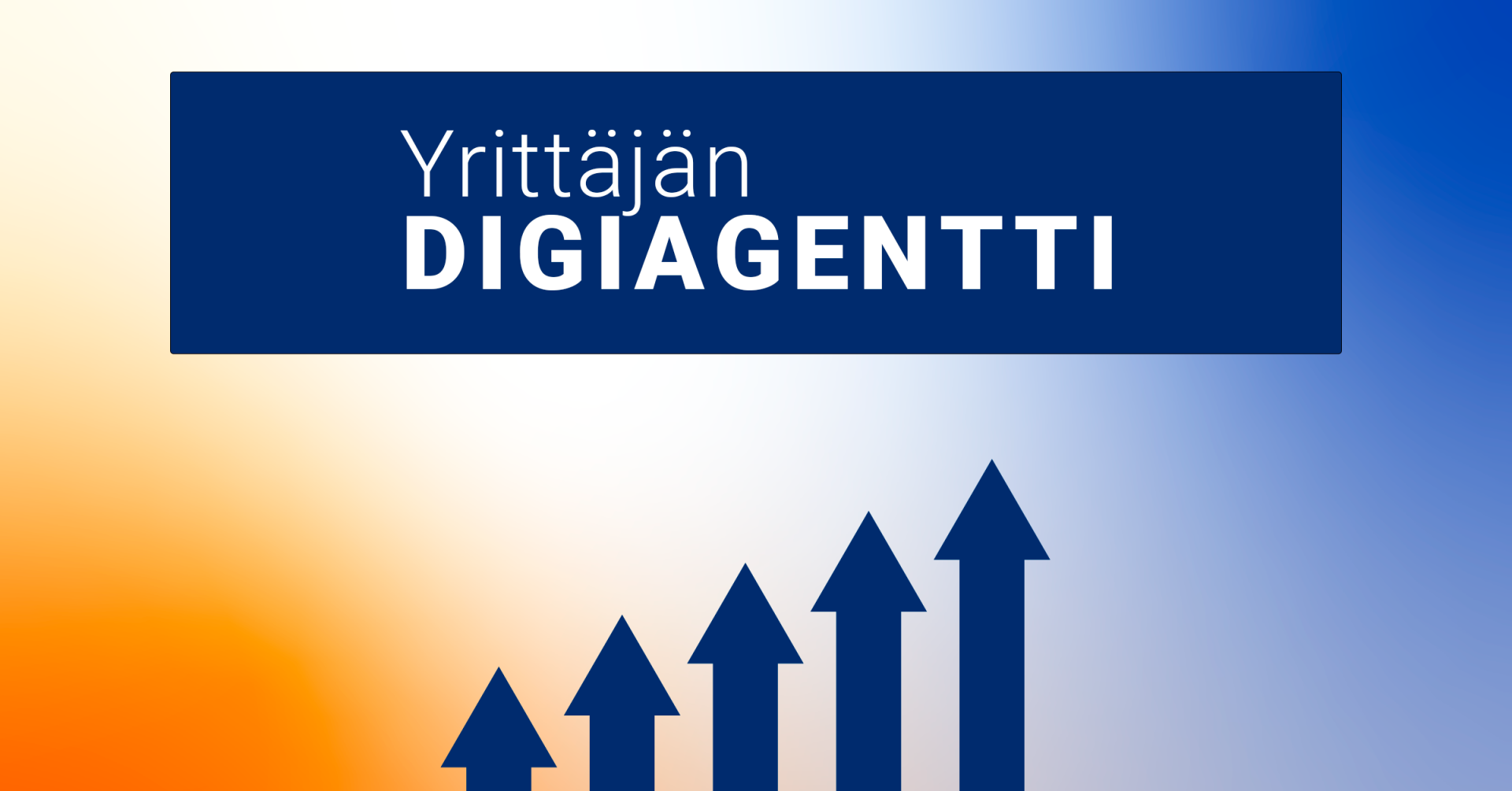A digital agent is a consultant with expertise in the SME sector who can help businesses develop their digital operations. The digital agent assists businesses in improving their digital capabilities. In the scope of the project, the service was tailored to each company’s specific needs.
How a digital agent helps SMEs
Most SMEs could increase their profits through digital means, but lack of resources is a common obstacle. Given the demands of their day-to-day responsibilities, entrepreneurs and employees in small companies typically find it hard to figure out how to go about developing the digital aspects of their operations. For one thing, training and learning materials can be hard to come by. Therefore, a digital agent providing digital mentoring was seen as helpful.
A digital agent draws on their expertise and recommends digital tools, practices, or processes that the entrepreneur can apply to their own work. The digital agent also provides advice on how the company can incorporate digitalisation into their broader business strategy. An agent takes each client’s specific needs into account, providing assistance on a wide range of topics such as:
- developing digital business operations and processes
- improving competitiveness and responding to changing markets
- adopting data-driven approaches, including data-driven business models
- identifying employees’ needs regarding digital skills
- using curated training materials to improve digital proficiency.
Detailed steps of a digital agent service
The digital agent service consisted of seven mentoring sessions with each client company, with a total duration of about five working days. Throughout the process, each entrepreneur’s digital agent gathered material to create a tailored digital plan for the company to follow. With this plan, the company could continue developing their digital operations independently.
Digital agent consultancy phases
- The digital agent gets to know the client company
- Identifying the company’s digital business requirements
- Analysis of the company’s development needs
- Providing advice on services, training and materials for digital proficiency
- Encouraging dialogue within the company on digitalisation
- Follow-up meeting at the client company’s premises
- Client’s feedback on the digital agent service
The digital agent pilot project as part of the WORK2030 programme
The digital agent pilot project was part of the national WORK2030 programme, which was aimed at promoting employment, the Finnish economy and competitiveness in the wider world. The purpose of the programme was to identify and develop new ways of working together with different workplaces, sectors and experts, including through various pilot projects.
Outline of the Digiagent pilot project
The digital agent pilot programme produced a model and related measures that small and medium-size businesses can apply to improve their digital capabilities.
TIEKE’s Digiagent project consisted of the following phases:
- Based on the SMEs that registered for the pilot project, we selected companies for mentoring by the digital agents. We gave priority to SMEs in the industrial sector, but other SMEs were also welcome to apply.
- We assigned each client company their own dedicated digital agent and experimented with different ways of mentoring according to their needs. On completion of the process, the client companies had a better understanding of the digital means of developing their operations, along with a customised plan for them to follow.
- We compiled a curated, open-access range of materials to support SMEs in improving their digital capabilities.
- We provided the companies with what they needed to get started with developing their digital capabilities and initiating internal dialogue within the company on digitalisation issues.
- Based on the experience gained from the pilot phase, we created a template for a plan that SMEs can use to plan the development of their digital capabilities in more detail.
The project was implemented by TIEKE, having been commissioned by the Finnish Institute of Occupational Health as part of the WORK2030 programme.





